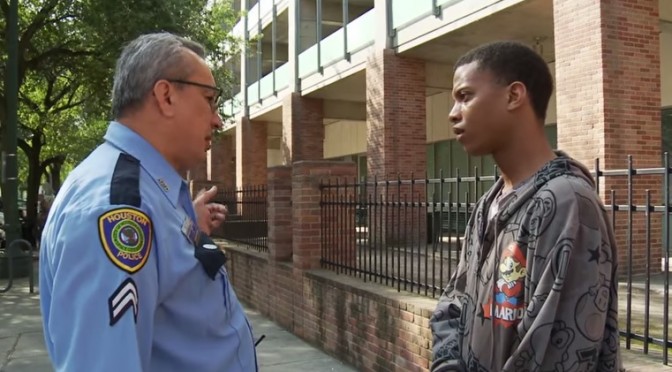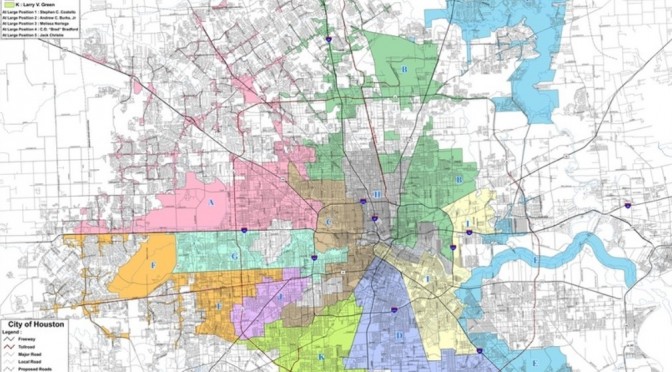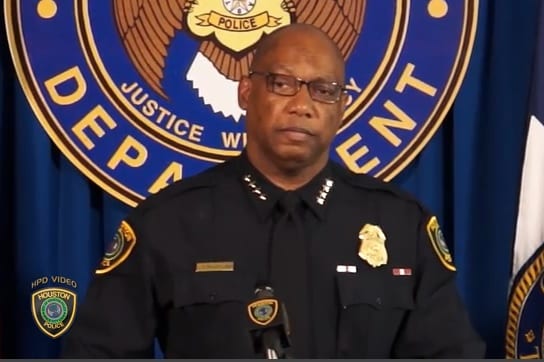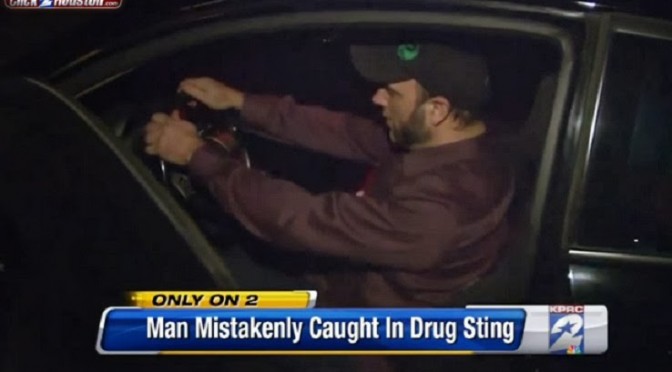
The Texas Progressive Alliance is back from its tryptophan vacation as it brings you this week's roundup.
Off the Kuff is cheering for the Texas same-sex marriage plaintiffs as they
move for the stay of the ruling that threw out the ban on same-sex nuptials to be lifted.
Libby Shaw writing for
Texas Kaos …
Continue Reading ›› 
Anyone that lives in the city of Houston probably has stories of encountering the homeless. We see them at traffic stops, under freeway bridges, and at various points around town. Sometimes the issue of homelessness can seem like an insurmountable problem for a major urban area.
But Houston, under the leadership of Mayor Annise Parker and …
Continue Reading ›› 
In the wake of recent protests in Ferguson, MO., there has been new attention placed on law enforcement interactions with citizens across the nation. The increased scrutiny is also causing organizations like the Houston Police Department to quicken some of changes that they may have had planned down the line. For HPD, those changes start …
Continue Reading ›› 
In a marathon meeting that beat out the recent HERO fest (but not by much), Houston City Council passed $5.2 Billion dollar budget for the city's next fiscal year It got done, but few would call it an easy process. Here's more from Mike Morris of the
Houston Chronicle...
The budget was approved in a … Continue Reading ››

HPD is coming under intense scrutiny after a recent report showed that the department is
way under-staffed to handle a mounting case load. But after Houston Police Chief Charles McClelland's statements this week, that's clearly NOT the only problem. Here's the story from
Mike Morris of the Houston Chronicle...
Defending his department's failure to investigate thousands … Continue Reading ››

How many times is this going to happen before there are some changes at HPD??
From
RawStory.com...
Police in Houston, Texas handcuffed, detained and searched the vehicle of an innocent man for over an hour this week, all because he gave change to a homeless person. … Continue Reading ››
A Voice for the Rest of Texas





